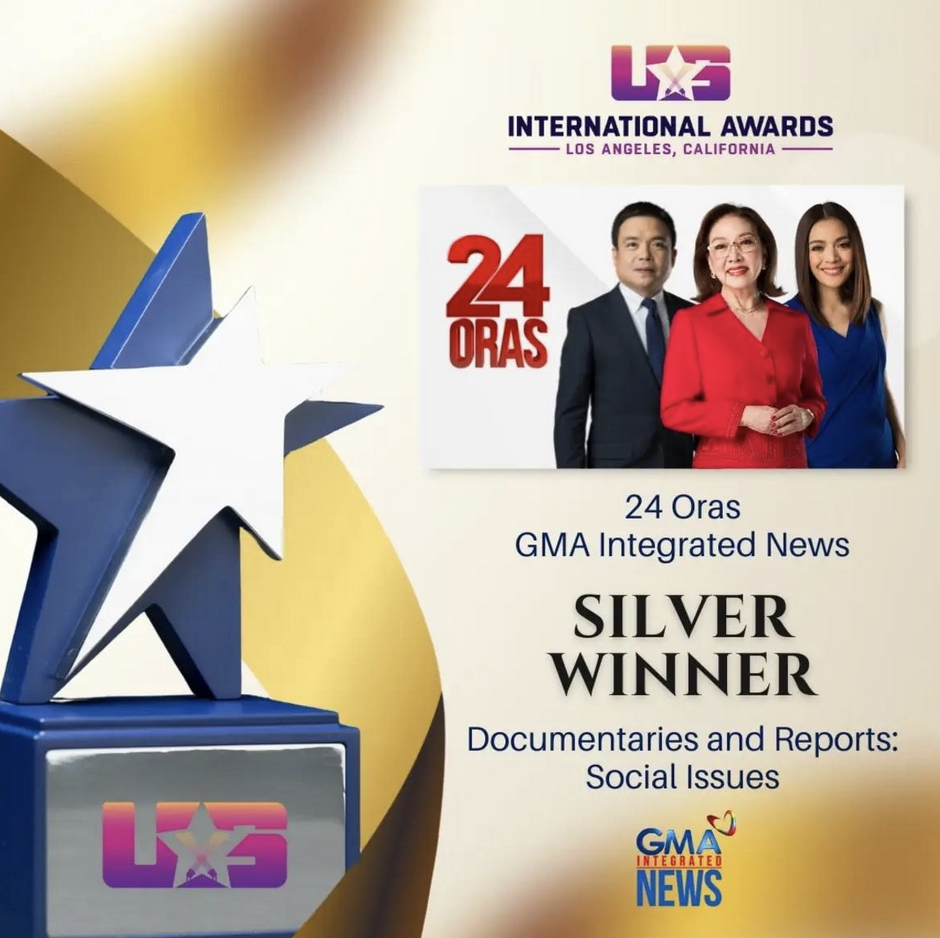
Upgrade to High-Speed Internet for only ₱1499/month!
Enjoy up to 100 Mbps fiber broadband, perfect for browsing, streaming, and gaming.
Visit Suniway.ph to learn

The use of dietary supplements and the marketing of these products have ballooned globally in the last two decades. Unfortunately, the development and marketing of these products are not as strictly regulated compared to prescription drugs. This raises concerns as to their safety and efficacy.
As a registered nutritionist and dietitian for over two decades, I have been managing patient cases that require supplementation, yet I have also encountered patients who have been taking unnecessary supplements. Some were even detrimental to their health. Others are against dietary supplementation, while there are those claiming that it is needed for optimum health. What’s the real score on supplementation? Do we need to take supplements? If we do, then what type of supplement is the best?
In an ideal world, where we should be eating a variety of wholesome plant food sources sans the ultra-processed and animal-based products, we probably won’t need dietary supplementation. Unfortunately, most of us live in a fast-paced society that is thriving on convenient food sources that have undergone several processes to make shelf-life longer, making food tastier and easier to prepare. These processing methods tend to strip off vitamins, minerals, fiber, and the precious phytonutrients or plant chemicals needed for optimum health.
If you’re not consuming at least three servings of vegetables and two servings of fruits daily, and if your staple includes fast food, junk food, refined carbs like white bread, and processed meat, then you are probably a candidate for nutrient supplementation. Simply because you cannot obtain the fiber, micronutrients, and phytonutrients your body requires for optimum health.
Supplements weren’t created equal. Perhaps the first thing that comes to mind is the vitamin and mineral supplement that you had to take when you were a kid. I remember my Flintstones vitamin pill. But that’s not the only supplementation developed. We can fall victim to marketing strategies. Therefore, we need to be educated.
The US FDA’s regulatory definition states, “A product (other than tobacco) that is intended to supplement the diet, which contains one or more of the following dietary ingredients - a vitamin, a mineral, an herb or other botanical, an amino acid, a dietary substance to supplement the diet by increasing the total daily intake, or a concentrate, metabolite, constituent, extract, or combinations of these ingredients; is ingested in pill, capsule, tablet, or liquid form; is not represented for use as a conventional food or as the sole item of a meal or diet; and is labeled as a 'dietary supplement.'”
Simply put, supplements are not meant to replace conventional food like the unmodified, unprocessed, wholesome fruits and vegetables or minimally processed whole grains like brown, black, red rice, oats, quinoa, and other unpolished grains. You can’t say you won’t eat fresh produce and solely rely on supplements to meet nutritional requirements. Supplements are supposed to augment or complement what is lacking from the dietary intake.
The most common supplements are vitamin and mineral supplements, probiotics, enzymes, and amino acids. These are meant to be taken to correct deficiencies. They are not meant to be taken as maintenance to prevent getting sick.
Overdosing and unnecessary intake of isolated chemically derived substances can cause nutrient imbalances and other side effects. For instance, taking iron supplementation even when you do not have anemia can increase your risk for developing cancer. It is a highly oxidative molecule. Taking calcium supplements when you don’t have low bone density or fractures can lead to calcifications in the arteries, thus causing high blood pressure and increased risk of cardiovascular disease and stroke. If you’re not getting adequate sun exposure, you may need Vitamin D supplementation. If you don’t consume adequate amounts of leafy vegetables, you may be deficient in magnesium and B vitamins, including folate. While you may be required to take supplementation for a while, it should not be taken as a replacement for a wholesome food intake. Furthermore, high dosages may also have side effects. Just like taking a high dosage of B-Complex vitamin supplement, which can cause nausea.
Antioxidant molecules or bioactive compounds extracted and isolated from plants are also not supposed to be taken, especially for patients undergoing cancer treatment. They may reduce the efficacy of the medicines. Antioxidants must come from wholesome sources of fruits and vegetables that are also referred to as functional food. These are plant food sources that have health benefits beyond carbohydrates, protein, fat, vitamins, and minerals. Japan is the only country that has recognized functional food as a distinct category of food that provides specific health benefits that separate it from drugs. The functional food concept was first developed in Japan in the late 1980s by the Japanese Ministry of Health and Welfare.
Functional food have been modified for convenience and to maximize the intake of plant nutrients. Therefore, you will see plant foods like berries, soy, wheatgrass, and the like in freeze-dried powdered or liquid form. How can we tell the difference between modified functional food that are wholesome from chemically derived supplements? The key lies in the ingredients list and the processing. For example, epigallocathechin gallate is a plant nutrient found in green tea and matcha that can prevent blood clots and prevent the formation of new blood vessels in cancer cells. Instead of taking the synthetic form of EGCG in pill form, choose supplements that are wholesome in form. It can be dried tea leaves, powdered matcha, or freeze-dried form. If it comes in pill or liquid form, make sure the ingredient states the ingredient as the plant source, Camellia sinensis or green tea, instead of simply EGCG. You will then know which is the wholesome source and the one that is synthetic or isolated.
Another example would be between the wholesome freeze-dried soybean powder versus the isolated isoflavone supplement. The first one will provide you with all the benefits of soybean from fiber, protein, phytoestrogens, omega 3 and more while the latter will just provide you with a plant hormone (probably chemically derived) devoid of other nutrients that should be present for the body to be able to synergistically utilize for health benefits.
Some botanical supplements like American ginseng root, Berberine root, grapeseed, and mangosteen peel, which are high in phytochemicals and beneficial to specific health conditions, are technically functional food too. They come from parts of plants, but unfortunately, cannot be consumed in their wholesome form. Thus, it must be processed into a pill, liquid, or powdered form. You just have to make sure that the label indicates the plant or part of the plant, and not the isolated substance. For example, it should say American ginseng or its scientific name, Panax quinquefolius, followed by the part of the plant instead of ginsenosides which is a bioactive compound found in the plant but may have already been created synthetically. It is always best to consult a registered nutritionist or dietitian for proper guidance on supplementation.

 2 months ago
28
2 months ago
28
_2025_06_27_19_58_32.jpg)


